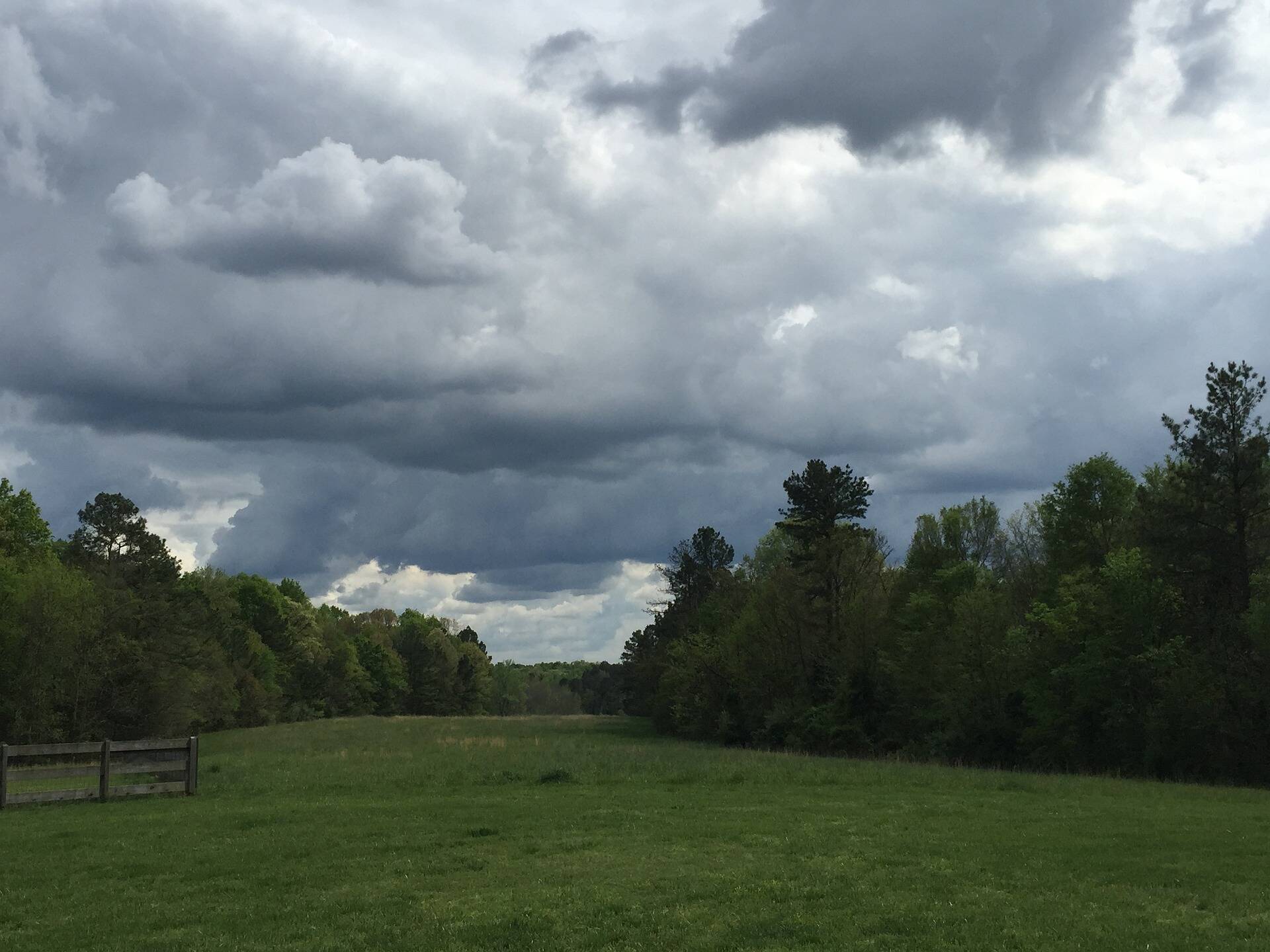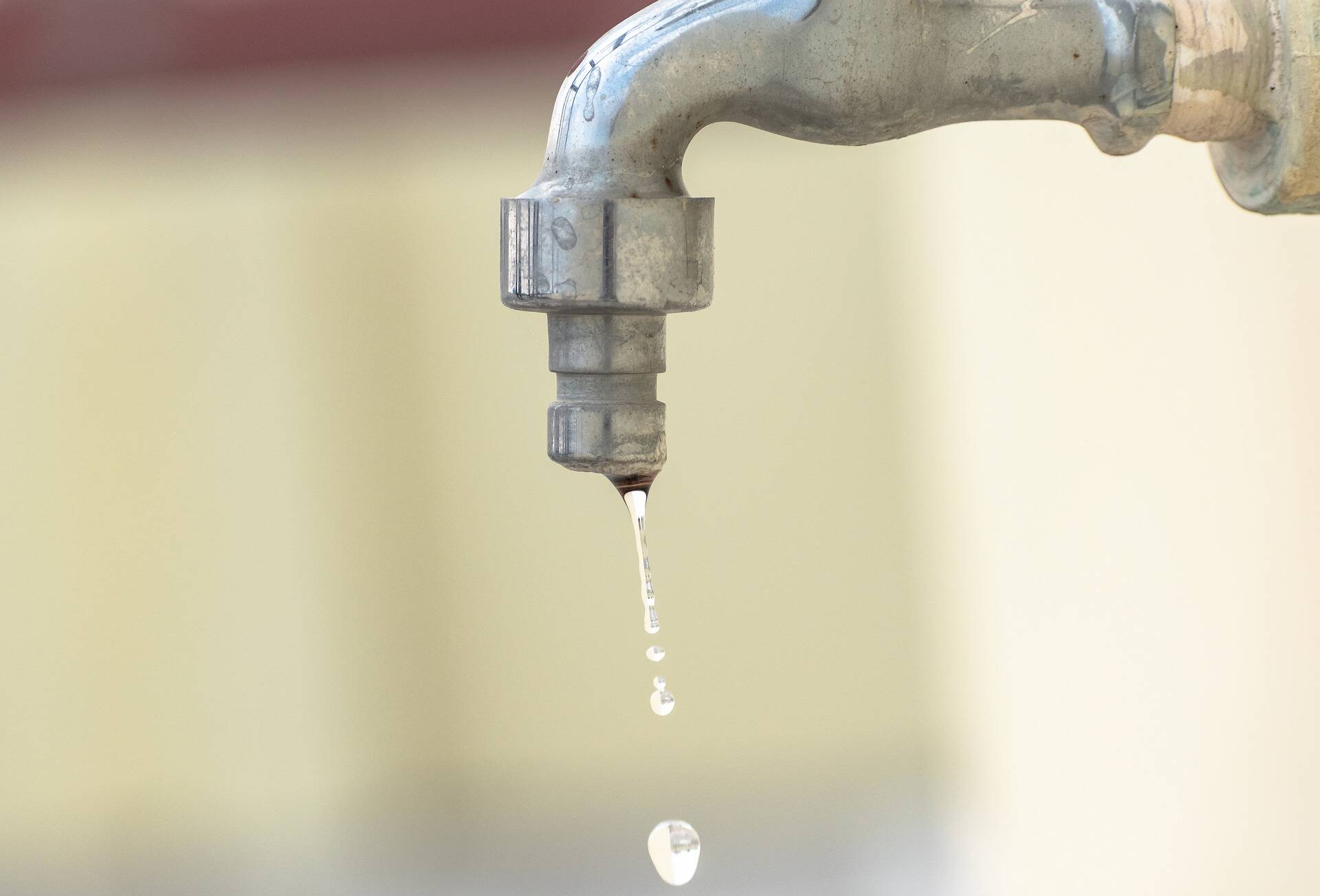
Rainstorms are a common occurrence across the globe and especially in the U.S., where almost 100,000 thunderstorms occur each year. A rainstorm can be a significant event for your home, and it’s important to ensure that your home is still safe and sound after the storm passes. A home inspection after a rainstorm can help identify any damage or issues caused by the rain and provide peace of mind that your home is still in good condition.
Conducting such home inspections when you’re about to travel is important, as these things can become quite costly if left unchecked. In this article, we will discuss five reasons why it’s essential to get a home inspection after a rainstorm. Opting for water leak detection services, checking for water damage, ensuring structural integrity, identifying mold and mildew, and planning for future maintenance needs are all important checklist items after you’ve encountered a rainstorm.
By understanding these reasons, you can take proactive steps to maintain your home’s health and safety, even after a significant weather event like a rainstorm. Such proactive measures can help you save a lot in potential damages, as is evidenced by expensive roof repair costs.
1. Check for Water Damage
A rainstorm can cause a lot of damage to any house, especially to the exterior parts. The roof and foundations are particularly susceptible to damage, and if you’ve got a basement, then it is vital to go for a home inspection. A home inspection after a rainstorm can help identify any water damage that may have occurred and assess its extent. It is easy to make necessary repairs after such an inspection and mitigates any extended damages because of a rainstorm.
2. Identify Leaks
It is often the case that a rainstorm can come at a time to reveal leaks in your home that may not be visible during dry weather. Such leakages are brought to the owner’s attention during rainstorms, and it is prudent to get yourself a home inspection soon afterward. A home inspector can check for leaks in the roof, windows, and doors, as well as the plumbing and HVAC systems, thus offering a holistic maintenance report for your home.

3. Ensure Structural Integrity
Stucco crack repair is a crucial element of maintaining your home’s structural integrity. Heavy rain can sometimes lead to stucco cracks, which, if left unaddressed, can compromise the integrity of your home’s exterior. Identifying and repairing these cracks promptly can prevent further damage and ensure your home remains structurally sound.
Also, it is vital to fill in cracks while they’re still manageable instead of waiting too long and causing more damage down the road. The soundness of your house’s structure is a critical factor that can affect your budget. Timely repairs, such as in this case, right after the rainstorms, can help you stay within your budgetary limits and also offers you peace of mind by averting any unforeseen expenses.
4. Identify Mold and Mildew
Rain and humidity can create the perfect conditions for mold and mildew growth in your home. Going for a home inspection right after a rainstorm is the perfect way to rid yourself of the costly mistakes of letting mold and mildew growth. A home inspector can check for signs of mold and mildew and advise on any necessary remediation. It is a necessary step as you may inspect the home yourself, but an inspector can offer professional advice that goes a long way in helping you keep your home in prime condition.
5. Plan for Maintenance
A home inspection after a rainstorm can help you plan for future maintenance needs. The inspector can identify any areas that may need repairs or improvements to prevent water damage or other issues in the future. Future planning is a key concern for any house owner looking to dwell within their budgetary constraints.
As mentioned above, budgetary limits are an important household issue that needs to be considered when going for home inspections. Such inspections may represent extra expenses at the time, but they are sure to help you in the long run. Such home inspections also let you plan and set aside the required amount for future repair and maintenance needs.
In conclusion, a home inspection after a rainstorm is crucial to maintaining your home’s health and safety. It can help identify any damage or issues caused by the rain, such as water damage or structural problems. By addressing these issues promptly, you can save a lot of capital in the long run and ensure your home’s longevity.
See some more of my property and DIY posts here
